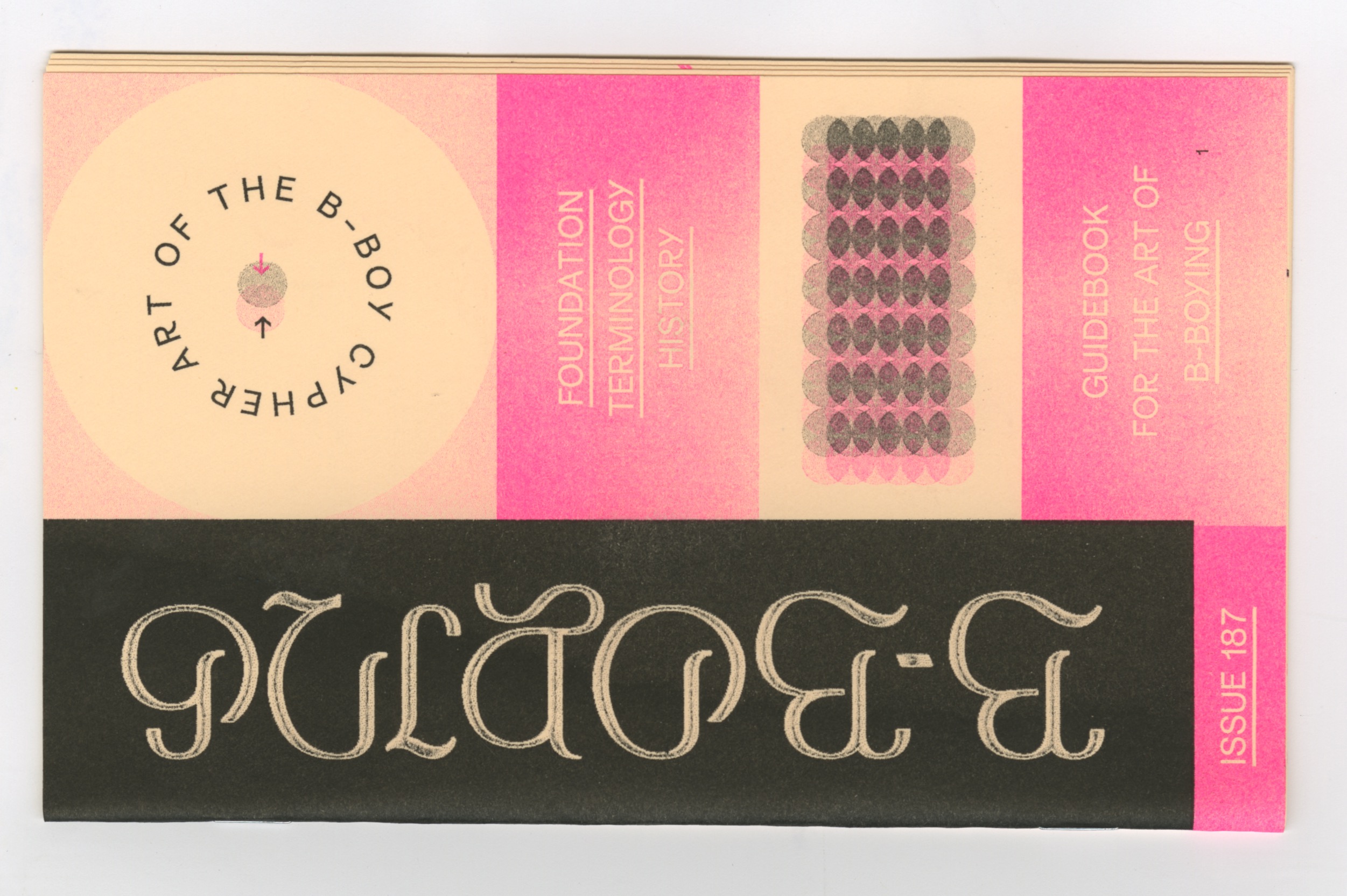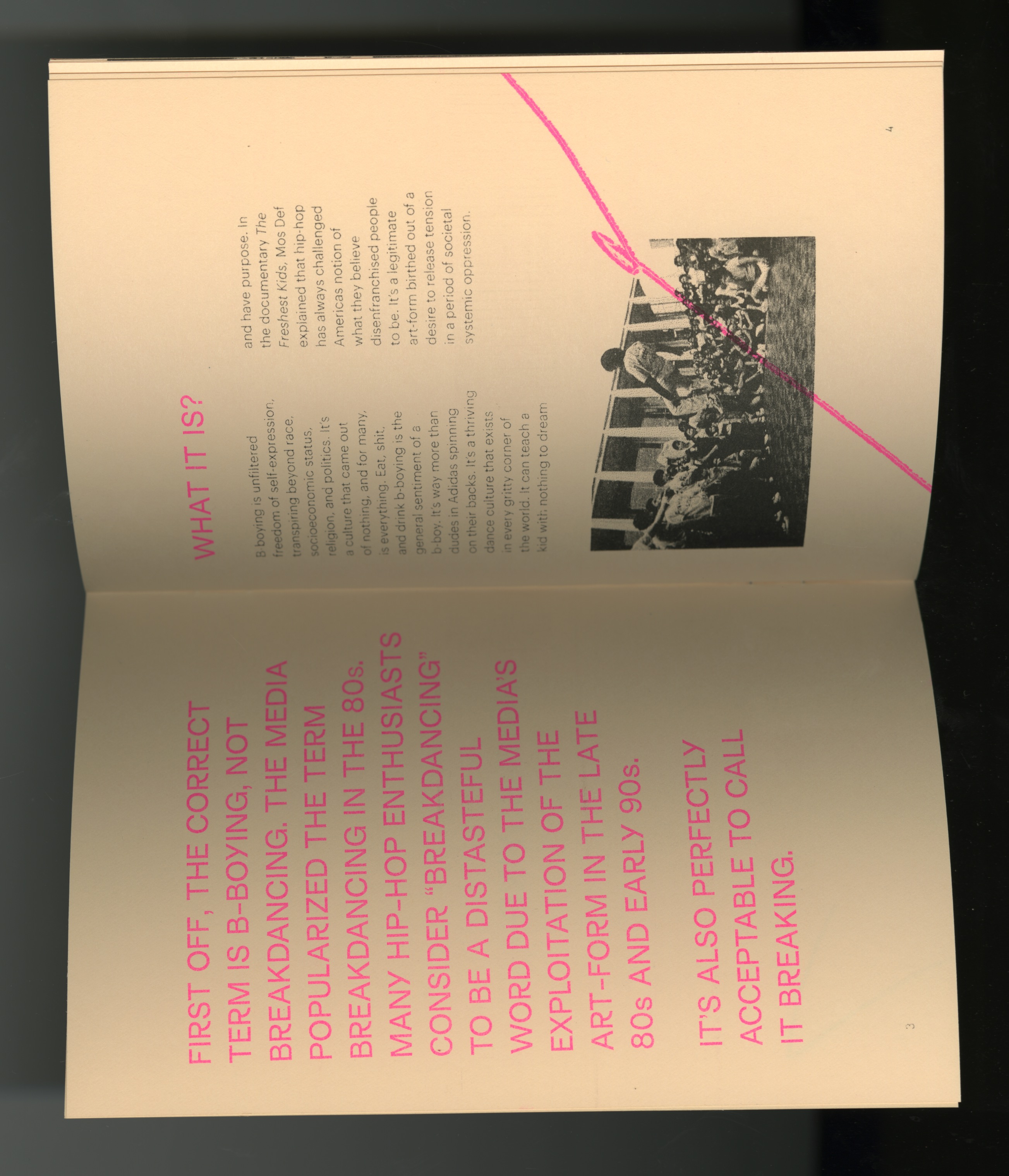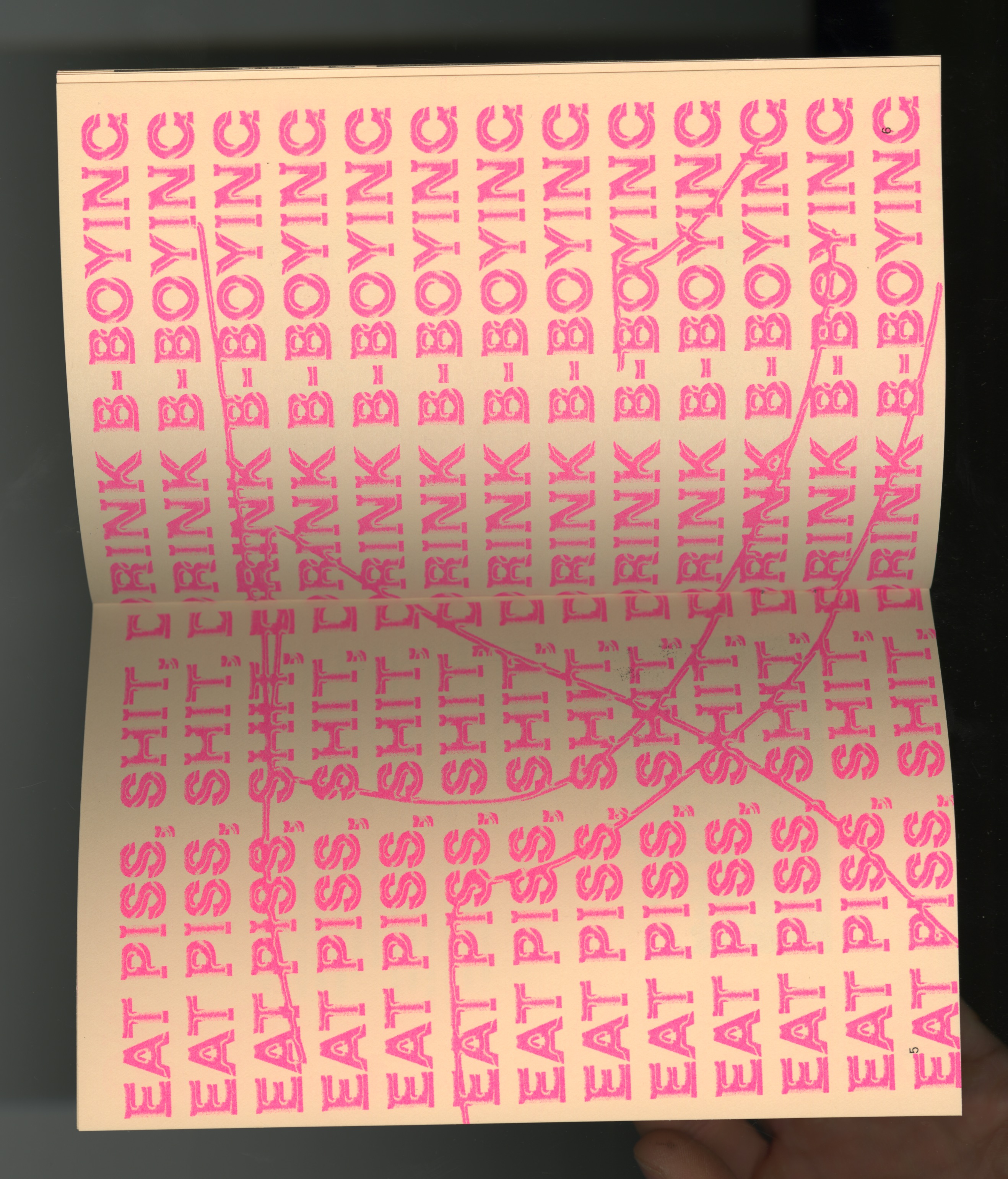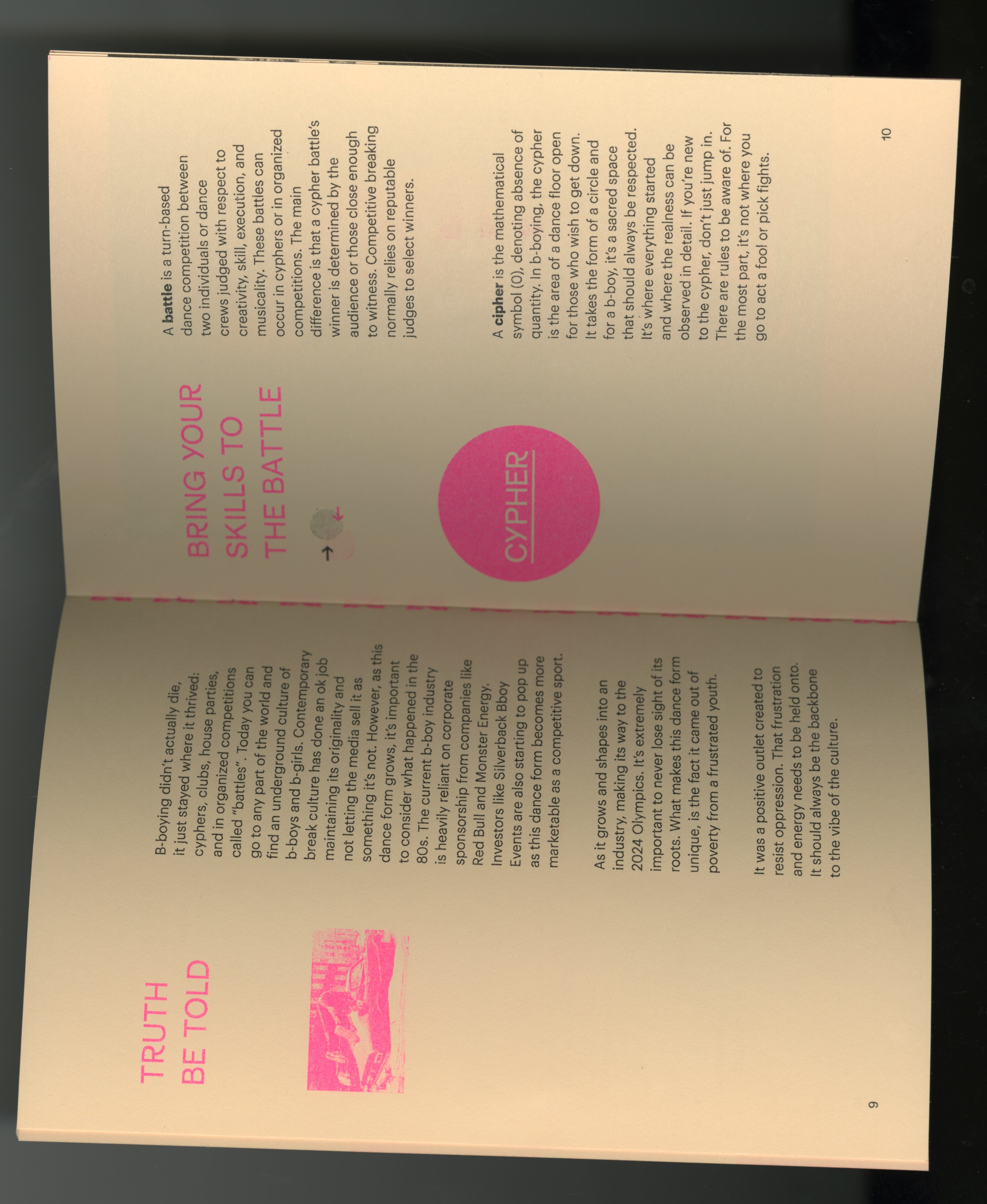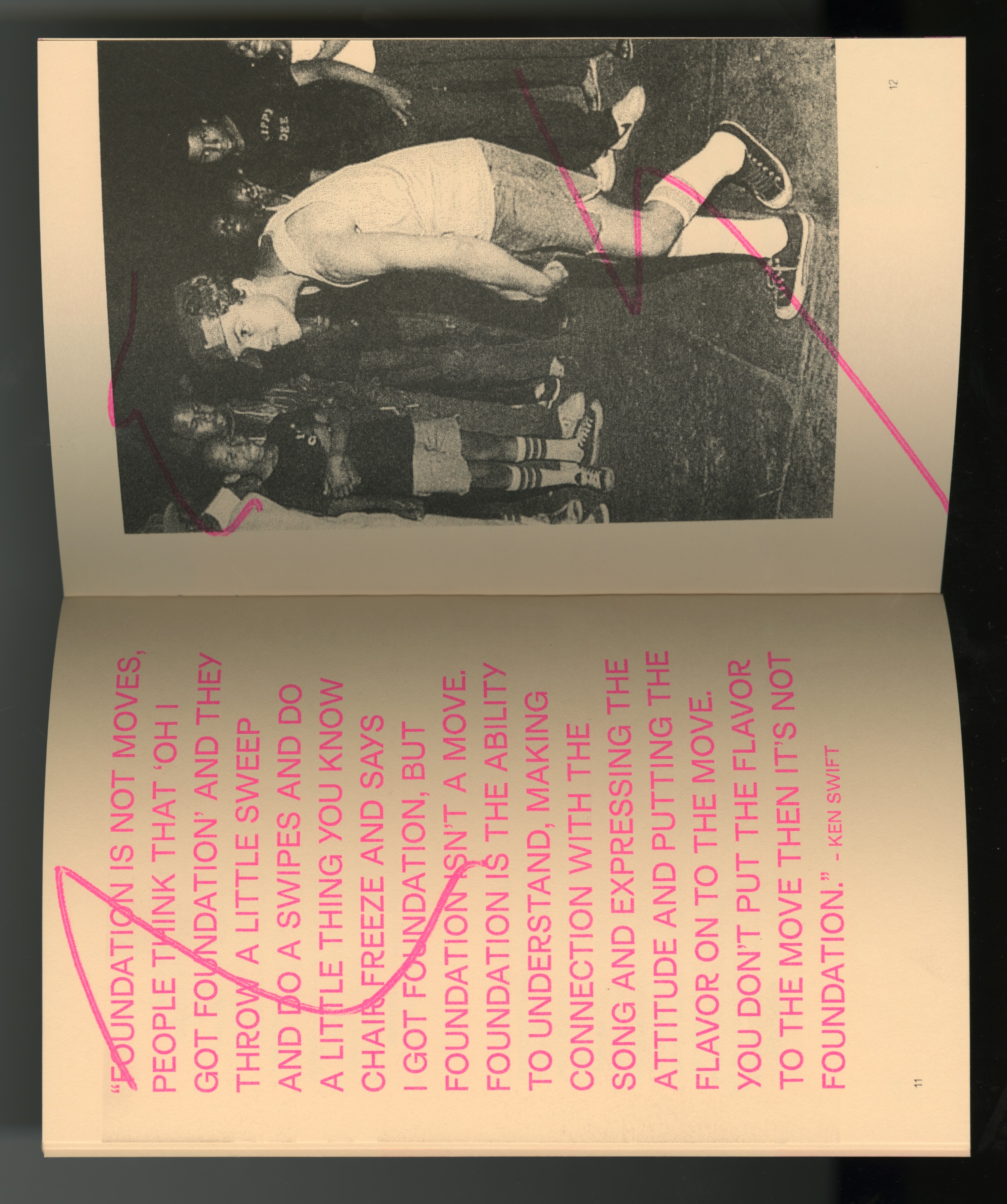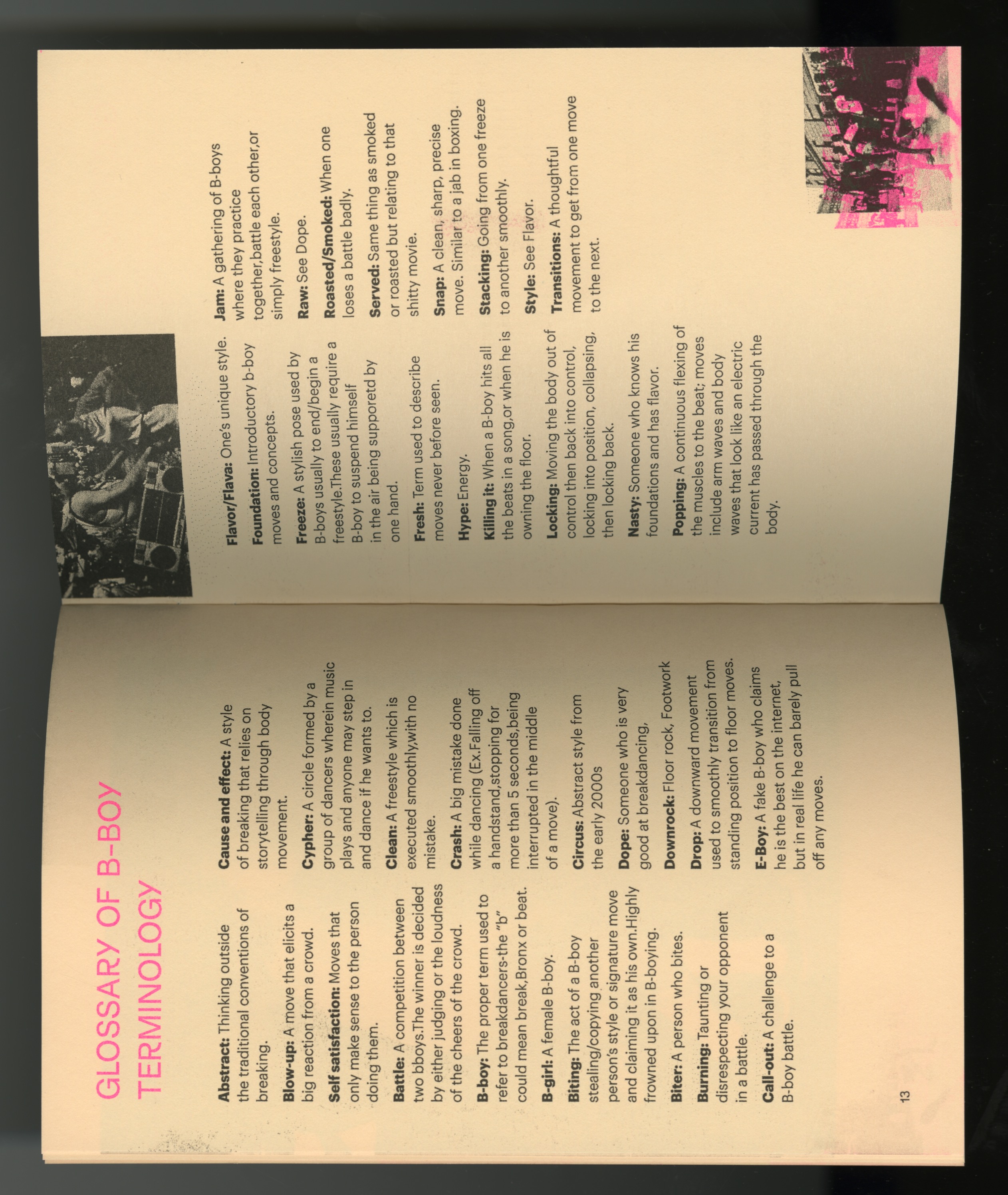Ground Up Sustainability Design Update
Greg Fisk
Why did you pick this project to improve?
School projects often ignore real life implications that arise through the process of making and implementing. It’s easy to dream too big, deeming your work unachievable in the context of real life. For my project I wanted to take a school project and turn it into something achievable. Something I could actually produce and share with the world beyond my portfolio.
what were you trying to sustainabilitize?
My initial project was to create my own imaginary art school. As you can imagine, it would be easy for me to blow this idea out of proportion. I first imagined what it would be like to create a contemporary hip-hop school that functioned like the Bauhaus. A physical space where students would learn within utilizing a very methodical curriculum. It was called Ground-Up and involved a physical space built in impoverished neighborhoods where students would have the most benefit. I designed a school curriculum, came up with a book series and different projects the students would participate in. It was all great, but in the end, lacked real life implications of anything I could actually produce. This left me with a goal, how could I make something easily accessible to all?
how did you go about analyzing your project for possibilities?
After considering all the different parameters of what a school is, and considering the fact I wanted to actually make this thing real. I started considering what tools I could utilize at school. I thought about the different tools and techniques people use to learn, who my target audience is, and what I could do that hasn’t been done before.
what questions did you ask? (what did you keep asking as the project progressed?)
Who is my target audience? What makes the most sense in the context of hip-hop as a platform for learning and teaching? How can I use minimal resources? How is a school defined? How can this feel authentic to hip-hop culture? What can I do at MICA? How can I utilize the curriculum of my other classes to cross pollinate into this project. In other words how can I steer all of my classes to help benefit my interest in this idea and focus my energy on making something meaningful? What are all the different ways you can achieve a goal and what is achievable? What makes my solution the best one? Who will be reading the zine and what is the end goal? What do you want sophomores to read to understand? How can you conceptualize your work to be more sustainable? How can this lead to a more sustainable process in your work making in school?
where did you look for answers?
I scoured the internet, read books, went to b-boy practice and asked my community. I tried to identify innovative learning methods that utilize technology, in turn, minimizing resources. Identifying as a b-boy since the age of 14, I thought about how I learned. I looked at my favorite albums and analyzed the visual language of hip-hop. I thought about what hip-hop means to me and what it could do for society.
what did you learn?
I learned that hip-hop is best learned in your home, and out in the community where it flourishes. You learn by going out and being an active participant in the culture. Resources for learning should encourage students to seek knowledge by engaging and being an active participant in the conversation. Hip-hop gives an individual a sense of belonging and interacting with the outside world. I eventually decided I didn’t need an entire school at all. The most effective way to create a fun engaging introduction to different disciplines in hip-hop was to make something inexpensive, highly visual, and to act more as a call-to-action rather than something you study at home. For my project I wanted to think how each discipline could break down to a zine format printed using the Riso. The Riso website states “their digital duplicators and inkjet printers provide high quality, high speed printing with a lessened environmental impact than other printing technologies. RISO printers are among the most environmentally friendly printers on the planet.”
what resources did you find?
There are a lot of youtube videos, documentaries, and books on hip-hop. I also have a lot of friends that are more knowledgeable than myself and anything I could find online. It was helpful to reach out to them and share stories. MICA had a couple Riso printers I could utilize as well. Through this project I was able to find the training that I needed to complete my project. Here’s one of the zines I created for b-boying.
what do you know now that would have made your life easier at the beginning? (or what things that you figured out would be good to have given yourself when you were a first year or sophomore?)
It’s always important to let the process of making and ideation take on the weight of a project. I wouldn’t have changed much about what I did because framing my work through a sustainable point of view helped me think logically about what was actually achievable. If there is any advice for a first or second year, it’s to not limit yourself at all in the concept phase of a project. Dream big, throw everything on the table, and read books on what you’re working on. The more ideas you generate at the start of a project, the easier it is to figure out what works, or what ideas fit with your project. Sustainable design is considering every possible angle a project has an effect on. Look outside yourself as much as you look within to find solutions to your design problems.
what other projects or examples did you look at for inspiration?
I looked at the Bauhaus, The New School NY, and several other models for education. Looking at how these schools brand themselves made me want to make something unique and different. It also forced me to think about what was possible. My school went from a logistical nightmare to a zine and achieved the same goal of spreading easily accessible knowledge for all.
final images



risograph
